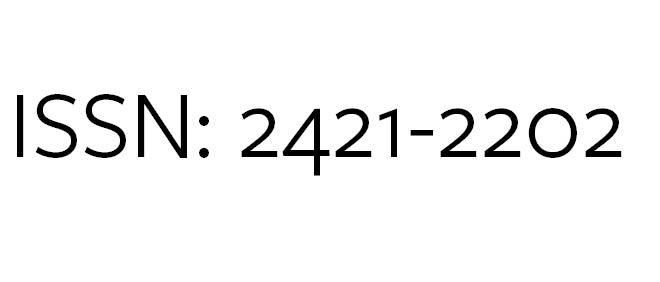Interviste
Interviewsa cura di Annamaria Di Fabio
Università degli Studi di Firenze
Maria Eduarda Eduarte - Faculty of Psychology, University of Lisbon, Portugal. President of Division of Counseling Psychology, International Association of Applied Psychology (IAAP)1) The value of counseling at international level.
Counseling is always a work in progress. The history is found not only in scientific work, but also in the nature of career interventions implemented. Counseling considering the goals and frame of reference acknowledge both sides of two alternative visions should be considered: one focused on humanistic sensivities and the other focused on economic realities. Counseling, in a broader sense, must be seen as a social need in a time of social vulnerability that can help to make the bridge for psychological and social perspectives on career counseling.
The relationship between the individual and the turbulent times we live creates and sustains the need to develop and apply new systems of personal promotion that is, new forms of reward and recognition. So, the macro perspective is based on economic situation, and the other, connected with research; because of that, counseling is always a work in progress.
2) The contribution of the UNESCO Chair at international level for the growth and the spread of counseling
This question put once again in my mind, immediately, what Guichard & Huteau wrote in 2001:
“The important question for investigation these days is not so much to understand that individual’s construct and realize themselves through their work: It is rather, to ask oneself why this work can equally well be the discovery of universal relativity, or the plans of the Dachau concentration camp” (Guichard & Huteau, 2001, p. 197).
These words suggest to me that the relationships between research and social needs highlighted by interventions is related closely to the socio-cultural context (for example, the importance of occupations validated in structural relations to other variables; or the diversity of programs accordingly to the target populations, launched a serious warning about social inequalities; or the context, and the importance of a “kind” of the achievement of identity.
At the academic context, the researchers have to make an effort to understanding the existing reality; in that way some research is conducted trying a link to other scientists: a close collaboration with “other psychologies”, as well as a more close collaboration with practitioners.
UNESCO Chair can help to reframe counseling psychology: what for? To help reduce social inequalities and foster equal opportunities.
Create new methodology for research: practice-based research networks (e.g., different groups, national and /or international, of practitioners who have agreed to implement research statements (or protocols), collected data and examine common (or not) problems. The advantage will open several possibilities, such as, the development of an international network with the aim of analyze counseling problems and interventions, create the possibility of emerge areas of interest, the identification of compelling research issues (Savickas, 2004b).
3) Critical issues and auspices for the growth and the spread of counseling
One critical issue is related with a necessity shared, towards an integrative background and the development of a process of learning which specifies the components of knowledge acquisition and the level of experience needed for this knowledge to be applied (e.g., the adaptation as an application of competencies in the negotiation of events, and the adaptability held as a possibility of maintaining the identity while dealing with the change).
It is necessary to launch new improvements to encourage learning, and it broadens opportunities and enhances equity. This is an important issue, because what we need are methodologies, and population’s studies that encompass and account for diversity. In short, the challenge for equity implies that tools used are accurate and their interpretations made on such a way that do not favor or disfavor any particular group or individual. In short, highlighted that research must encompass and account for diversity.
© 2015 Edizioni Centro Studi Erickson S.p.A. Tutti i diritti riservati. Vietata la riproduzione con qualsiasi mezzo effettuata, se non previa autorizzazione dell'Editore.


